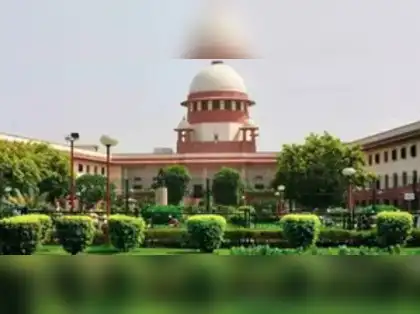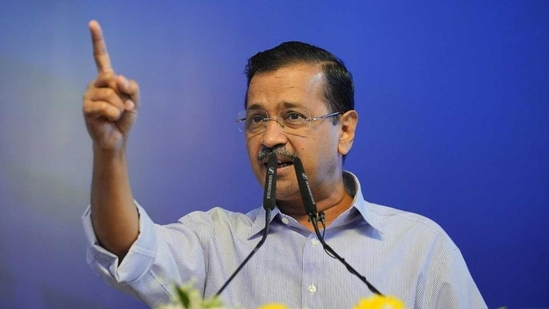On Thursday, the Indian government told the Supreme Court it won’t change or cancel any waqf properties or make appointments to the central waqf council and boards until May 5. Solicitor General Tushar Mehta made this promise to Chief Justice Sanjiv Khanna and Justices Sanjay Kumar and K.V. Viswanathan. He emphasized that the waqf law was carefully discussed when it was passed by Parliament and that any changes should happen after the government has a chance to explain.
The government strongly opposed the court’s idea to temporarily stop changes to waqf properties and to prevent non-Muslims from being part of the council and boards. Throughout the hearing, Mehta mentioned the government wants to respond to the issues raised within seven days. He reassured the court that nothing concerning waqf properties, including those used privately, would be changed or canceled until the next hearing.
The Chief Justice pointed out that if any waqf property was registered under the old 1995 law, it cannot be canceled until further notice. On the previous day, the Supreme Court considered stopping some crucial parts of the new law that allows for the denial of properties declared as waqf by courts and includes non-Muslims in the central waqf councils.
Mehta questioned if the court would be considering stopping a law without fully discussing it first, stating that such actions are uncommon. He explained that the government had received many requests, which ultimately led to the amendment of the law. He argued that halting the law could be a serious step and asked for time to provide a detailed response.
In light of this, senior advocate Rakesh Dwivedi said there wouldn’t be any major issues if the court did not pass an interim order immediately. The Chief Justice affirmed that they want to keep things stable, stating that Parliament makes laws, the executive carries them out, and the judiciary interprets them.
The bench decided to focus on five out of the total 72 petitions submitted against the Waqf (Amendment) Act, 2025, which includes cases from several prominent groups and leaders. The judges appointed three lawyers to represent the petitioners and allowed them to file their responses to the government’s reply within five days.
The Chief Justice had previously expressed concern regarding including non-Muslims in the waqf councils and questioned whether the government would consider including Muslims in Hindu temples. He proposed an order that properties classified as waqf by courts should remain untouched while the case against the Waqf Amendment Act is heard.
Waqf by user means that a property can be recognized as a religious or charitable gift based on its long-term use for such causes, even without a formal written agreement from the owner. The new amendment was officially recognized on April 5.
Government Bans Changes to Waqf Properties Until Court Hearing





Leave a Reply